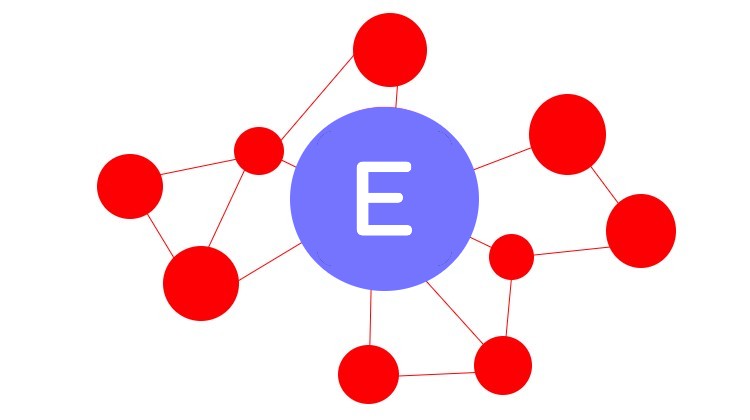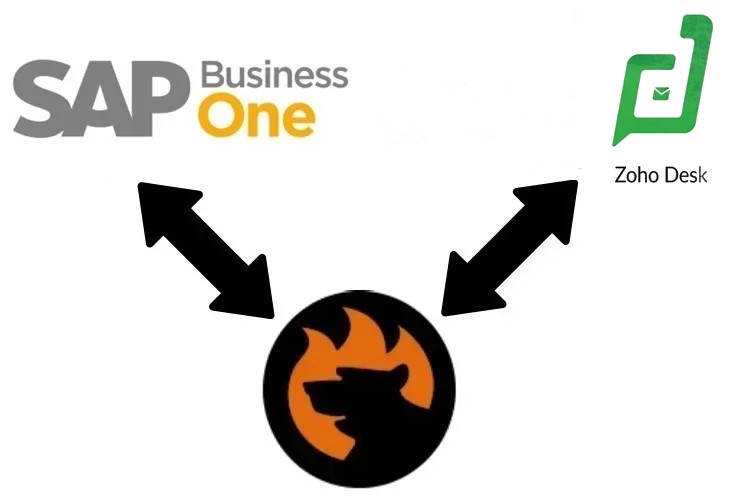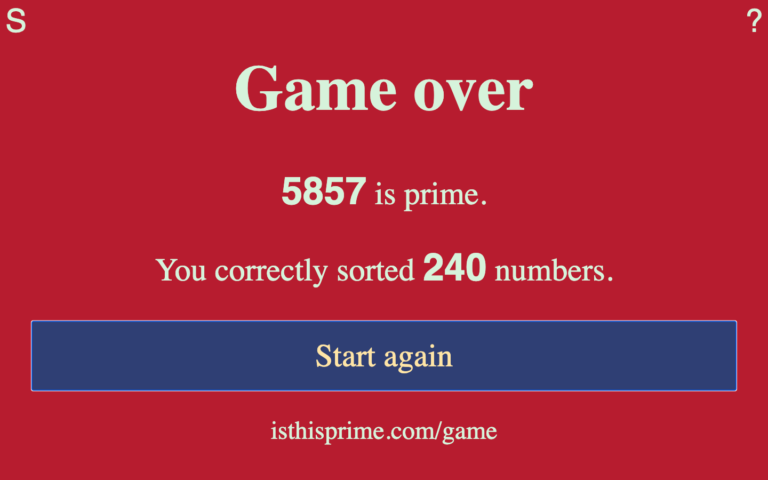
If you sell into any of the 18 states with a sales tax holiday in 2021 (plus Puerto Rico), you need to understand how these temporary tax-free periods can impact sales tax compliance. Once primarily the concern of in-state businesses, sales tax holidays can now affect online sellers with no physical presence in the state — and they can make a mess of sales tax compliance if not handled properly.
There are numerous traps to watch out for when selling into a sales-tax-holiday state, including but not limited to:
- Start and end times.
- Participation options.
- Qualifying products.
- Price restrictions.
- Returns and exchanges.
- Shipping and handling.
Start and End Times
Between them, 18 states and Puerto Rico are providing at least 31 sales tax holidays in 2021. More states could decide to do the same, though that’s looking increasingly unlikely.
The height of sales tax holiday season is the summer, but they can run at any time of year: The first two tax-free periods in 2021 were held in February; the last will take place after Thanksgiving in New Mexico.
Every sales tax holiday starts and ends at a specific time on a specific date. For example, Florida’s back-to-school sales tax holiday begins Saturday, July 31 and ends Monday, August 9. The Florida Department of Revenue guidance doesn’t get more specific, but Virginia’s tax notice does: The sales tax holiday starts August 6 at 12:01 a.m. and concludes August 8 at 11:59 p.m.
So yes, it may be necessary to calibrate your point-of-sale systems to the minute to ensure they don’t incorrectly apply sales tax to qualifying transactions or extend exemptions to purchases that occur after the end of the holiday. And once you set the time and location of a sales tax holiday, it will be necessary to further refine its scope.
Participation Options
You’ll need to determine whether you need to participate in a state’s sales tax holiday, if you need to collect or exempt applicable local taxes, and if you’re permitted to absorb the tax on nonqualifying items — should you so choose.
Sales tax holidays are mandatory for local jurisdictions in most states, but a handful allow local tax jurisdictions (i.e., cities and counties) to opt out. That’s the case in Alabama and Missouri. Every year, the Alabama Department of Revenue and Missouri Department of Revenue publish lists of participating or nonparticipating jurisdictions. Unfortunately, these lists sometimes change at the last minute, which can cause you to scramble.
Many states also require all businesses to participate in sales tax holidays. Some states, however, provide a choice. Thus, retailers are required to participate in the Massachusetts tax-free period but aren’t required to participate in New Mexico’s back-to-school sales tax holiday.
All businesses open during Iowa’s annual sales tax holiday must participate in it and cannot absorb the sales tax on nonqualifying items. By contrast, Texas allows retailers to pay sales tax themselves rather than pass it on to customers.
After determining these factors, you need to set point-of-sale systems to exempt qualifying products.
Qualifying Products
During the Massachusetts sales tax holiday, most single items of tangible personal property qualify for the temporary exemption. Most states aren’t nearly so generous.
Sales tax holidays typically center on a theme, like back-to-school or emergency preparation. Clothing and school supplies are exempt during a back-to-school event, while batteries, generators, and tarps are exempt during emergency preparation tax-free periods.
However, the exemption may not apply to all products that fall under the covered category. For example, raincoats qualify for Mississippi’s sales tax holiday, but roller blades do not. A fishing vest would qualify unless it helps you float, and you must tax any product not included on the all-inclusive list of eligible school supplies.
Even qualifying items may need to be taxed if they exceed the price restriction.
Price Restrictions
Most sales tax holidays include price caps. In many states that temporarily exempt clothing, a $50 dress would qualify for an exemption, while a $250 dress would not.
There are a few exceptions to the price-cap rule. Maryland’s tax-free period for energy efficient appliances has no price restrictions; nor does South Carolina’s August sales tax holiday or Mississippi’s sales tax holiday for ammunition, firearms and certain hunting supplies.
Massachusetts has an admirably simple threshold: $2,500 per any single item of tangible personal property. It stands in stark contrast to Florida, where this year’s recreation supplies and admissions sales tax holiday exempts the first $50 of the sales price of safety flares, the first $75 of the sales price of paddles, and so forth.
It’s a lot to manage, but with knowledge (and sales tax automation), you can successfully exempt the sales that need to be exempt and tax those that must be taxed. Including layaways.
Layaways
Policies pertaining to layaways also vary from state to state, and often depend on the terms of the sale. For example, consumers can purchase qualifying items tax free in Texas if the item is placed on layaway or the final payment is made during the tax-free period.
No tax applies to any installment payments when a customer puts a product on layaway during Connecticut’s tax-free week. However, you must charge Connecticut sales tax when final payment is made during the holiday on a product placed on layaway prior to the holiday.
It’s simpler in Mississippi: Layaway sales of eligible items don’t qualify for the temporary exemption. Could this be penance for the fact that, for years, Massachusetts gave retailers mere days to prepare for its sales tax holidays?
Shipping and Handling
Tax policies surrounding shipping and handling charges are another bugaboo. In Mississippi, shipping and handling charges aren’t included in the sales price and so don’t affect price caps. Yet these charges must be included in the sales price in Florida, so they can impact the eligibility of a transaction. In fact, Florida requires retailers to apportion shipping and handling charges for each item in a shipment, “to determine if an item is exempt during the sales tax holiday period.”
Sales Tax Holidays Can Expand Your Nexus Footprint
You may think you don’t have to worry about sales tax in states where you’re not registered to collect and remit sales tax. Think again. Tax-free periods can increase your sales tax obligations by expanding your nexus footprint.
Nexus is a connection that enables a state to impose a tax collection obligation on a business. Having physical presence in a state always creates nexus. Today, nexus can also be created solely through sales activity in a state (economic nexus), such as $100,000 in taxable retail sales or 200 separate taxable retail transactions in the current or previous calendar year.
States allow an exception for businesses selling beneath their economic nexus threshold. Unfortunately, thresholds vary from state to state, so while you won’t establish nexus with California until you (and your affiliates) make $500,000 in total combined sales of tangible personal property in the preceding or current calendar year, you’ll need to register in Arkansas after your 200th transaction. This state-by-state guide to economic nexus laws provides state-specific threshold details.
Economic nexus needs to be considered because sales often pick up during sales tax holidays, and a rise in sales can cause a retailer to sail right over an economic nexus threshold. If that happens to you, you could be required to register with the state and start collecting sales tax on the very next transaction.
To learn more about this year’s sales tax holidays, read 2021 sales tax holidays. If you’re interested in learning how automating sales tax collection and remittance can enhance compliance, check out avalara.com.






